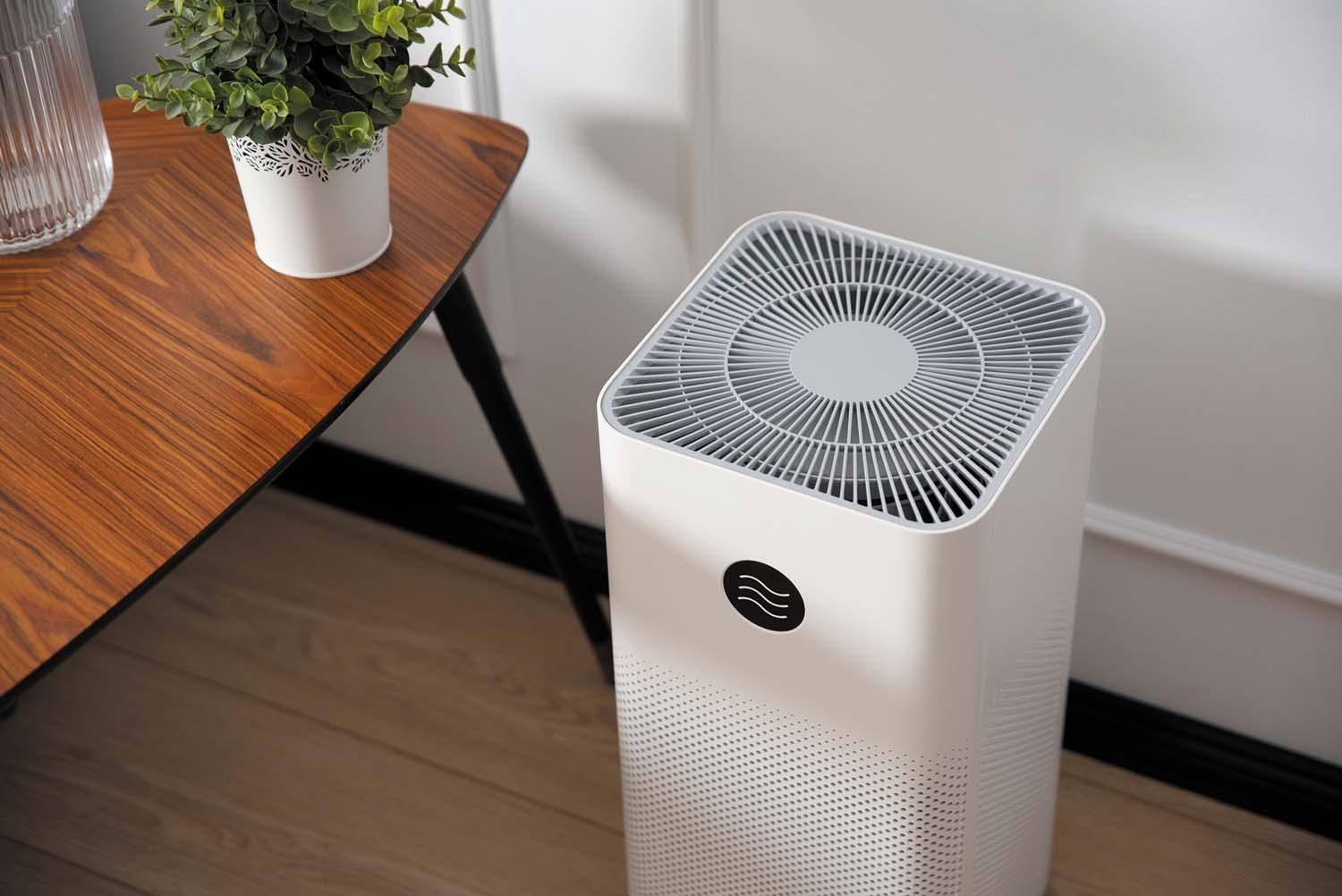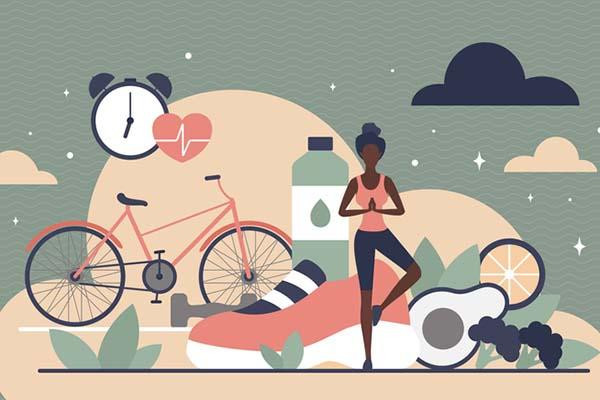
New thinking about plaque in arteries that feed the brain

Want to prevent shifting teeth? Maybe you need retainers

What you need to know about the new dietary guidelines

Food that’s healthier for people and planet can be cheaper, too

New evidence that polyphenol-rich foods help the heart

8 simple ways to reduce ultra-processed foods in your diet

How to curb your stress eating

How to spot Parkinson’s disease symptoms

Heart failure symptoms in women: How they’re different

GERD diet: Foods to avoid to reduce acid reflux
Environmental health Archive
Articles
For now, electric cars appear safe for people with implanted heart devices
A 2025 review of past research found that electromagnetic field exposure from electric cars poses no immediate health risks for people with implanted heart devices, such as pacemakers or implantable cardioverter-defibrillators.
Indoor air quality and heart health
A 2025 study found that using a high-efficiency particulate air (HEPA) filter to trap tiny particle pollutants may help lower blood pressure for people living near busy roads. Of particular concern are particles less than 2.5 microns in diameter, known as PM2.5, which creates inflammation that damages blood vessels and contributes to high blood pressure. Nearly a quarter of Americans live near vehicle-congested roads, and many more people are exposed to pollution from wildfire smoke.
5 timeless habits for better health
Influencers, news headlines, and well-meaning friends and family offer conflicting advice on wellness. Quick fixes and fads may do little for our health, and some even prove harmful. Try to work these five simple habits that can boost health and wellness into your everyday life.
High levels of ocean microplastics linked to heart-related risks
According to a 2025 study, people living near coastlines with high levels of marine microplastics had higher rates of heart disease than those living close to coastlines with less plastic pollution.
Try this: Hydration packs
A hydration pack is a backpack designed for almost any kind of outdoor activity that carries large amounts of water and allows easy, hands-free access, which provides a convenient way to stay hydrated without needing to stop for frequent water refills.
Do you know about these summer breathing hazards?
In the summertime, one of the chief contributors to symptom flares of lung problems is hot air, especially if it’s also humid, stagnant, or very dry. Such weather might narrow the airways, making it much harder to breathe normally. This might occur because hot air irritates the nerves, widens blood vessels near the lungs, or causes people to breathe faster. To avoid breathing difficulty, doctors advise people with lung disease to follow strategies such as keeping their inhalers handy and staying in air-conditioned spaces.
Wildfires: How to cope when smoke affects air quality and health
Wildfire smoke contributes greatly to poor air quality, and as wildfires become more frequent due to climate change and drier conditions, more of us and more of our communities are at risk for health harms. Here are ways to cope.

New thinking about plaque in arteries that feed the brain

Want to prevent shifting teeth? Maybe you need retainers

What you need to know about the new dietary guidelines

Food that’s healthier for people and planet can be cheaper, too

New evidence that polyphenol-rich foods help the heart

8 simple ways to reduce ultra-processed foods in your diet

How to curb your stress eating

How to spot Parkinson’s disease symptoms

Heart failure symptoms in women: How they’re different

GERD diet: Foods to avoid to reduce acid reflux
Free Healthbeat Signup
Get the latest in health news delivered to your inbox!
Sign Up










